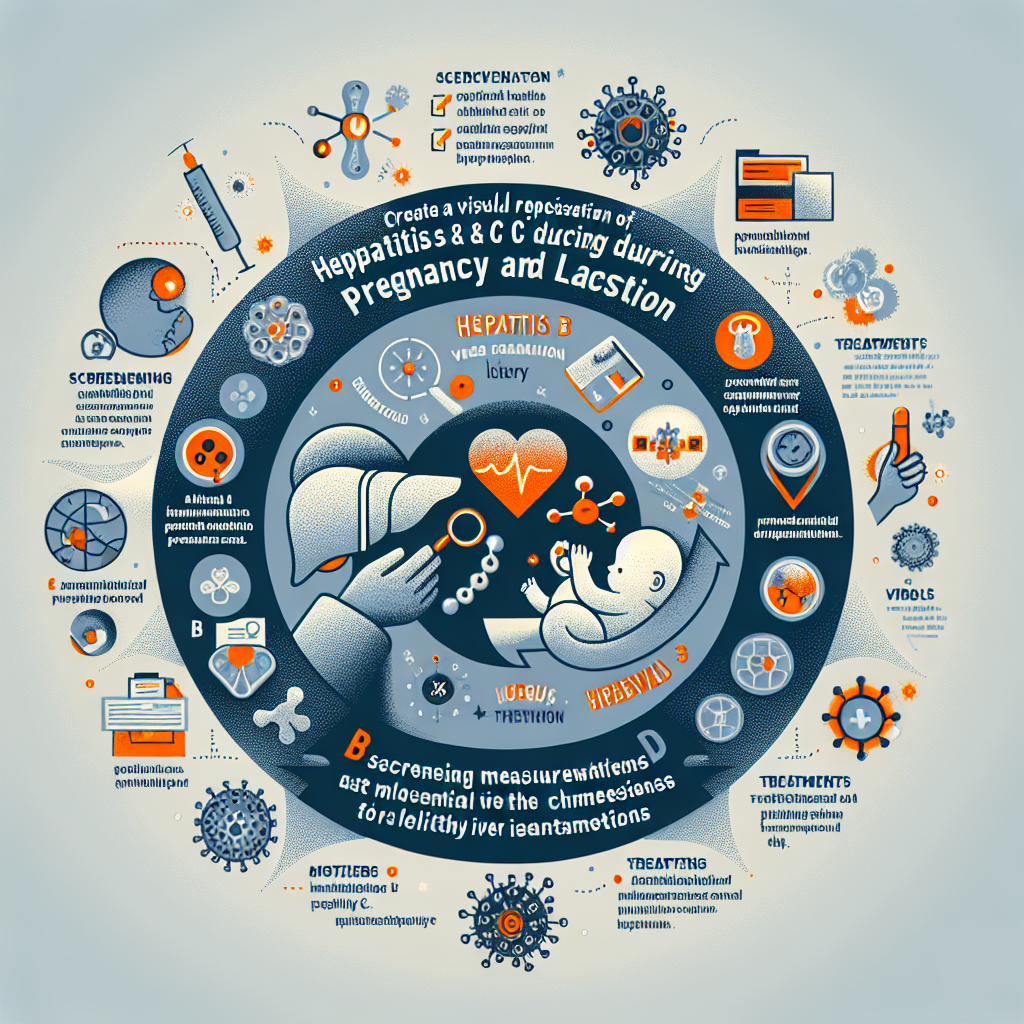Child Development: A Complete Guide to the Essential Stages
Introduction Child development is a topic of great interest to all parents and it is essential to understand the different stages our children go through. From newborn to adolescence, each period of their lives comes with unique challenges and achievements. In this article, we will explore the essential stages of child development, addressing physical, emotional and cognitive aspects. We will also give you practical advice to support the harmonious growth of the little ones.
Newborn Stage (0-3 months) During the first three months of life, babies experience a period of adjustment. Physically, they focus on sucking and swallowing, and their vision gradually develops, preferring objects with high contrast. Emotionally, newborns communicate through crying, which is their first way of expressing their needs. Parents can support this stage by gently touching and talking to the baby, thus strengthening the emotional bond.
Infant Stage (3-12 months) This stage is marked by significant developments. Babies start to explore the world, crawl and even take their first steps. Linguistically, they begin to pronounce syllables and understand simple words. Sensory toys, songs and walks in the park are valuable activities that stimulate development during this time.
Toddlers stage (1-3 years) The toddler period is full of energy and curiosity to explore. Physically, children become more mobile, starting to run and jump. Emotionally, it is a time of tantrums as they try to express their independence. The word "why" becomes a constant refrain, a sign of cognitive development. Free play, storytelling and creative activities are essential to nurture this growth.
Preschool Stage (3-5 years) Preschoolers are little explorers with rich imaginations. Physically, they hone their fine motor skills through drawing and modeling. Emotionally, they develop empathy and the ability to share with others. Language development advances and children begin to form complex sentences. Participation in group activities and educational games promote social and cognitive learning at this stage.
Junior School Stage (5-8 years) Young school-aged children tend to be very curious and eager to learn. Now, they are developing basic math and literacy skills. Physically, he develops his coordination and strength through sports activities and bike rides. Emotionally, they begin to form lasting friendships and often face the challenge of following the rules. Role play and simple science activities encourage critical thinking and creativity.
Pre-adolescence stage (8-12 years) Pre-adolescence is a stage of discovery and change. Physically, many children enter puberty and experience rapid growth. Emotionally, they develop a sense of identity and need more independence. Schoolwork becomes more complex, stimulating the development of thinking and problem-solving skills. It is important to encourage the exploration of individual interests and provide support in their new social journey.
Conclusion Child development is a complex and beautiful process. As parents, our role is to support and guide our children through every stage of their growth. Whether it's recognizing first words or navigating the emotional turmoil of pre-adolescence, every moment is crucial. We hope this guide will provide the information you need to better understand your child's development and inspire you to create an enriching environment that supports their growth. Remember, every child is unique and will develop at their own pace. Through love, patience and constant support, you can ensure that your little ones will grow up to be healthy and balanced individuals.














































































































































